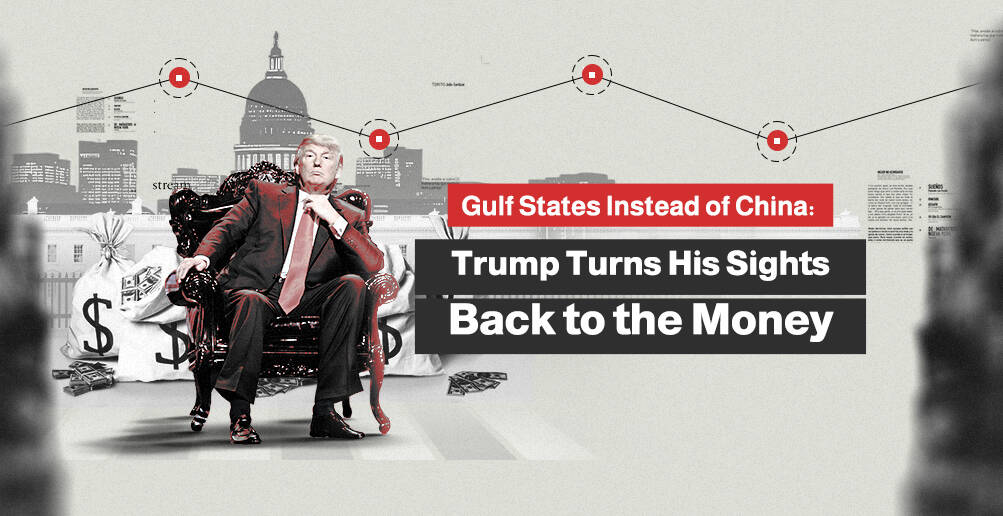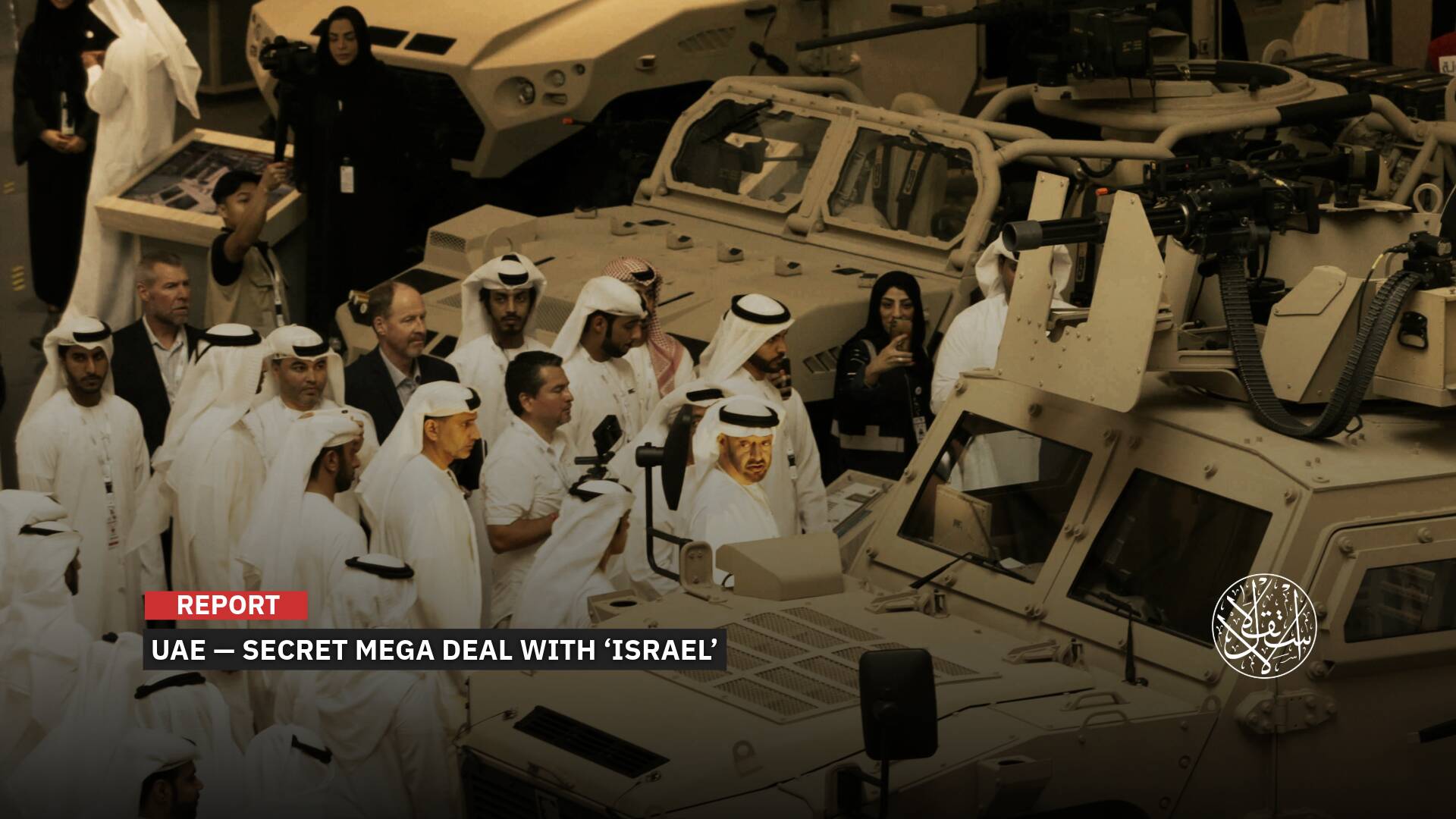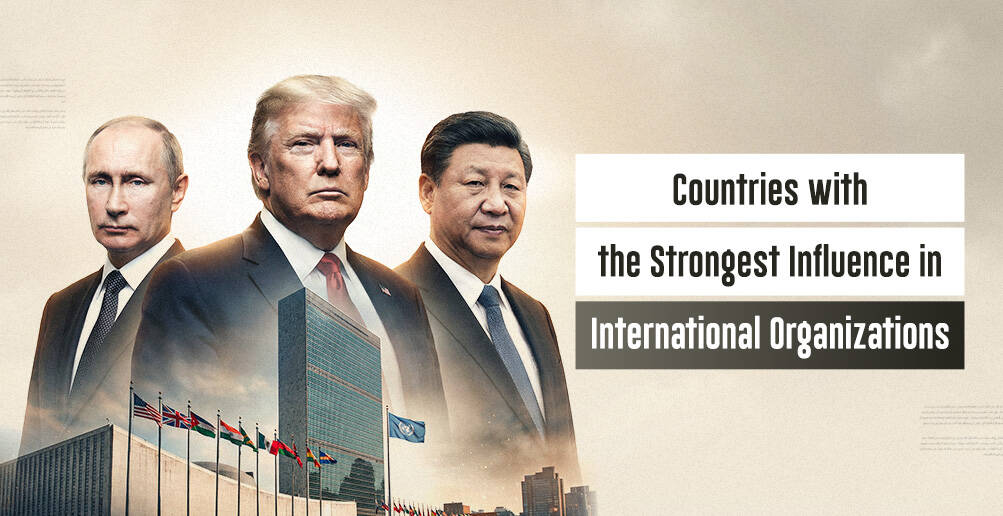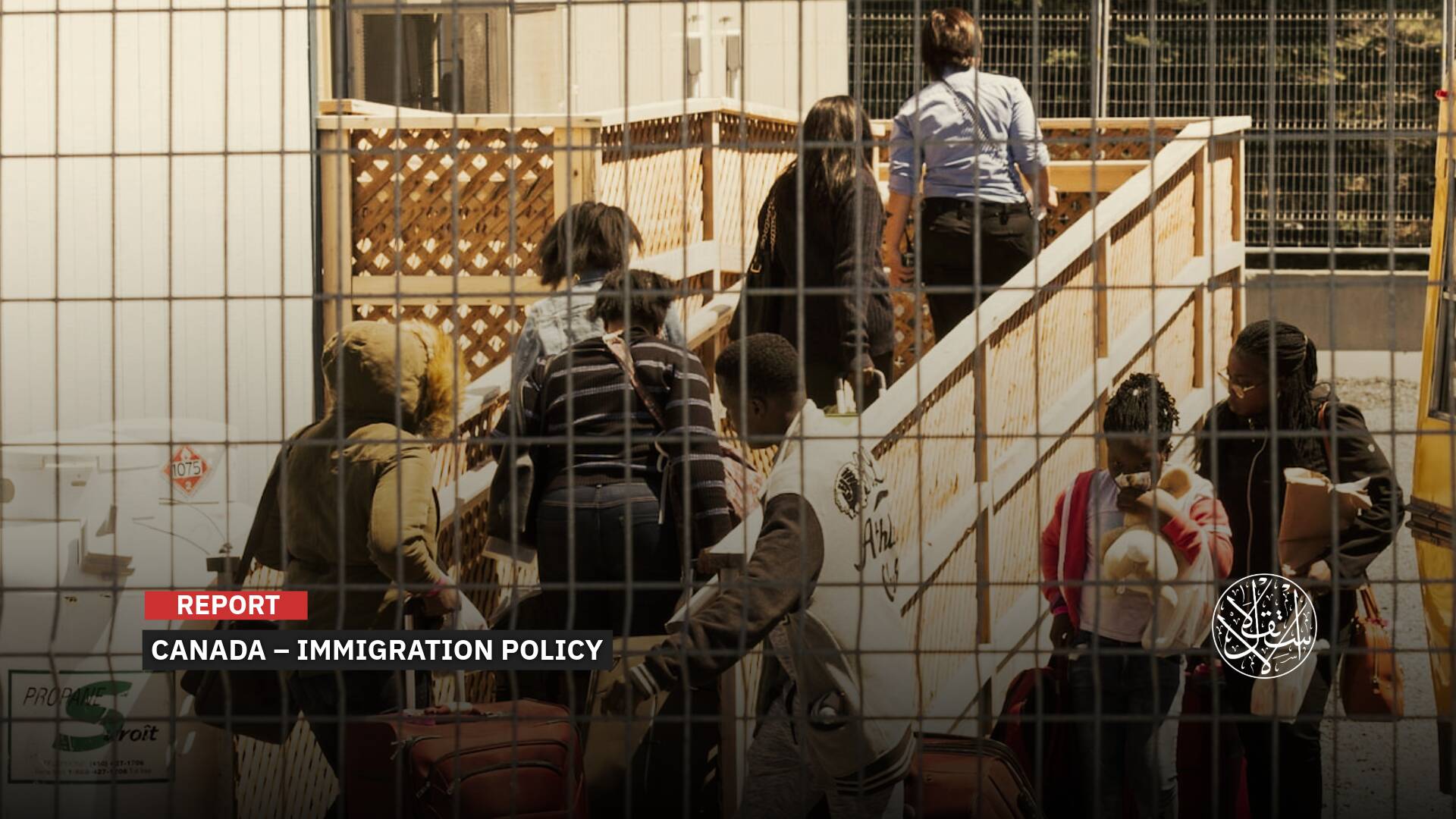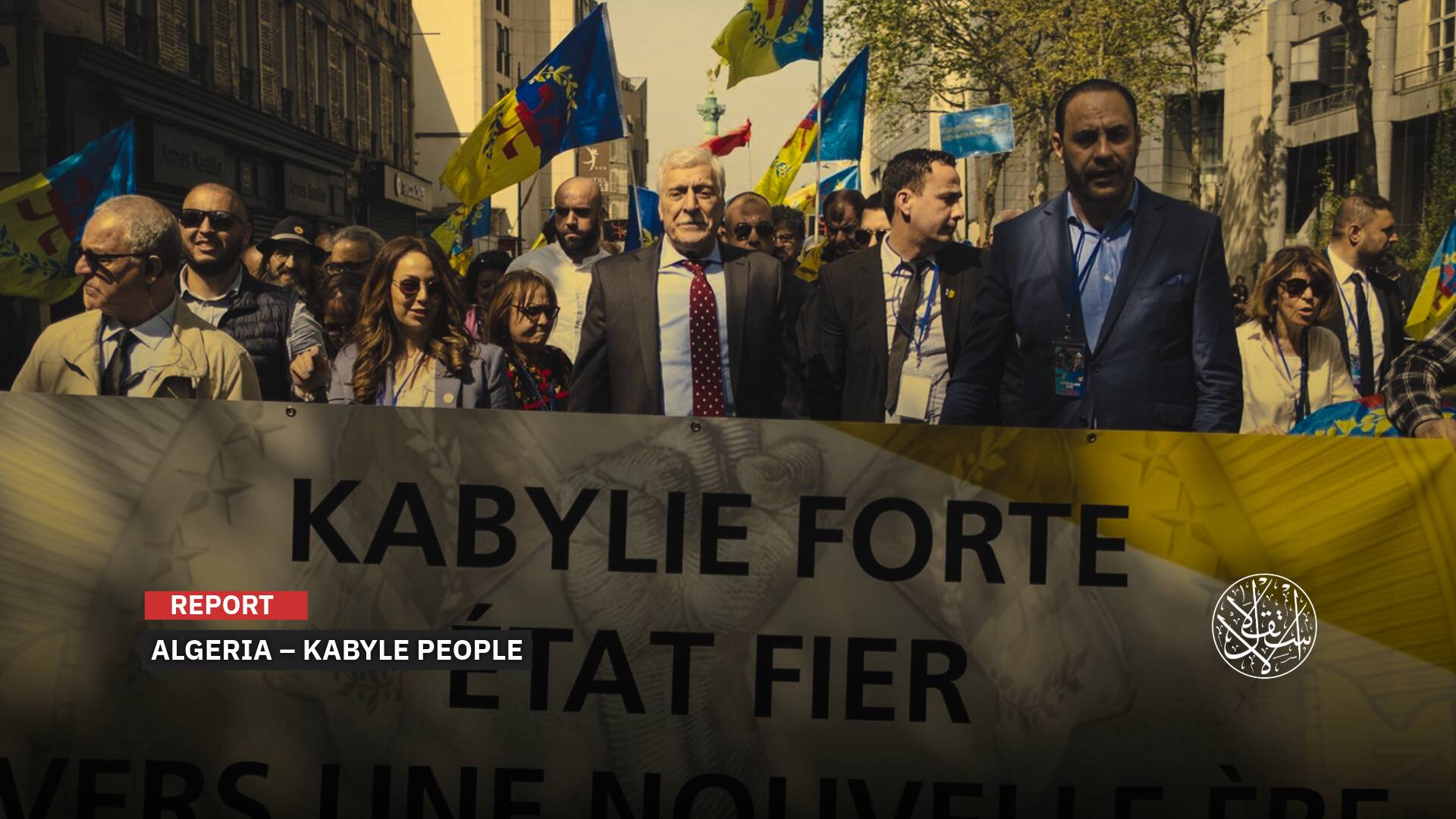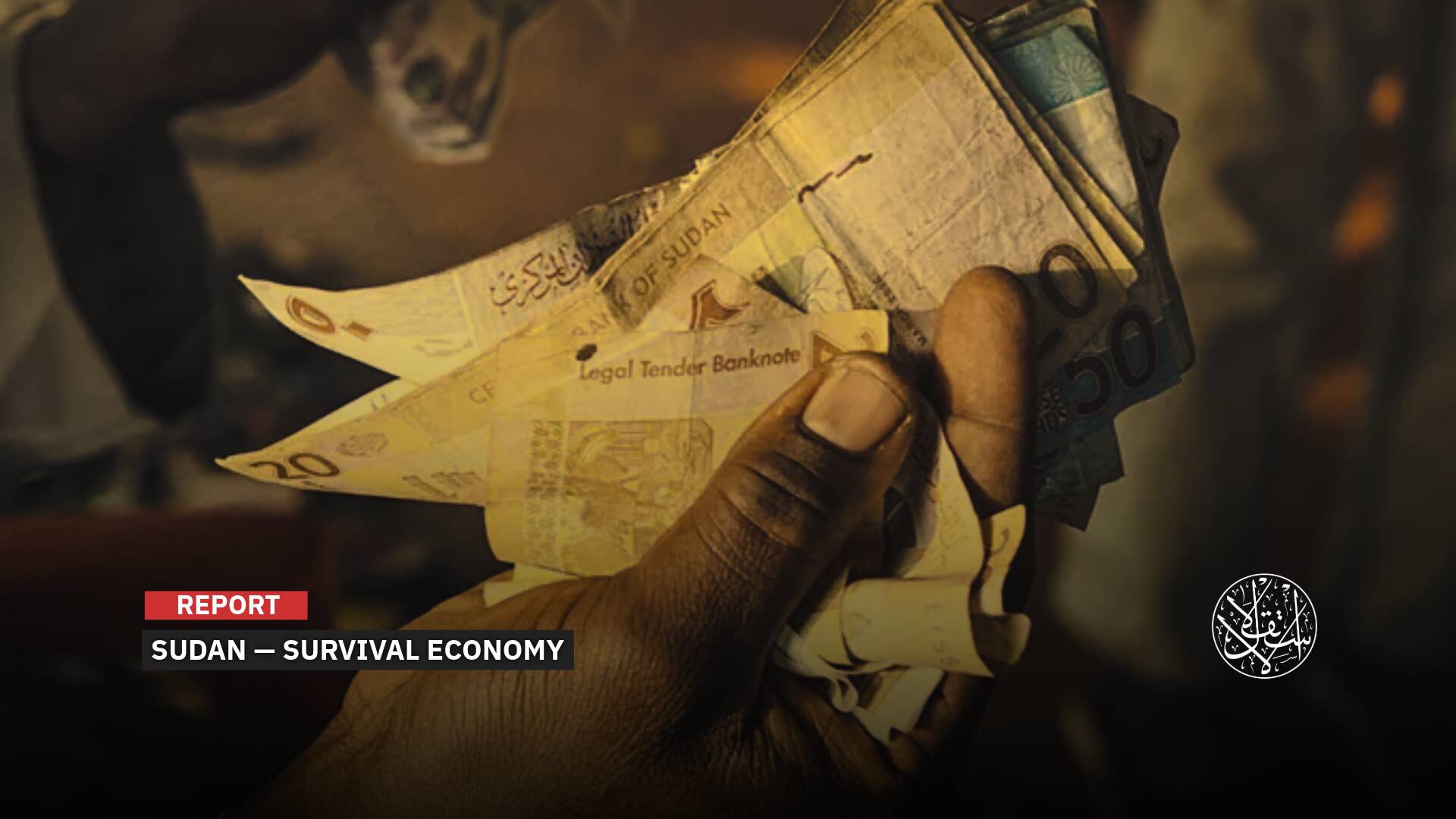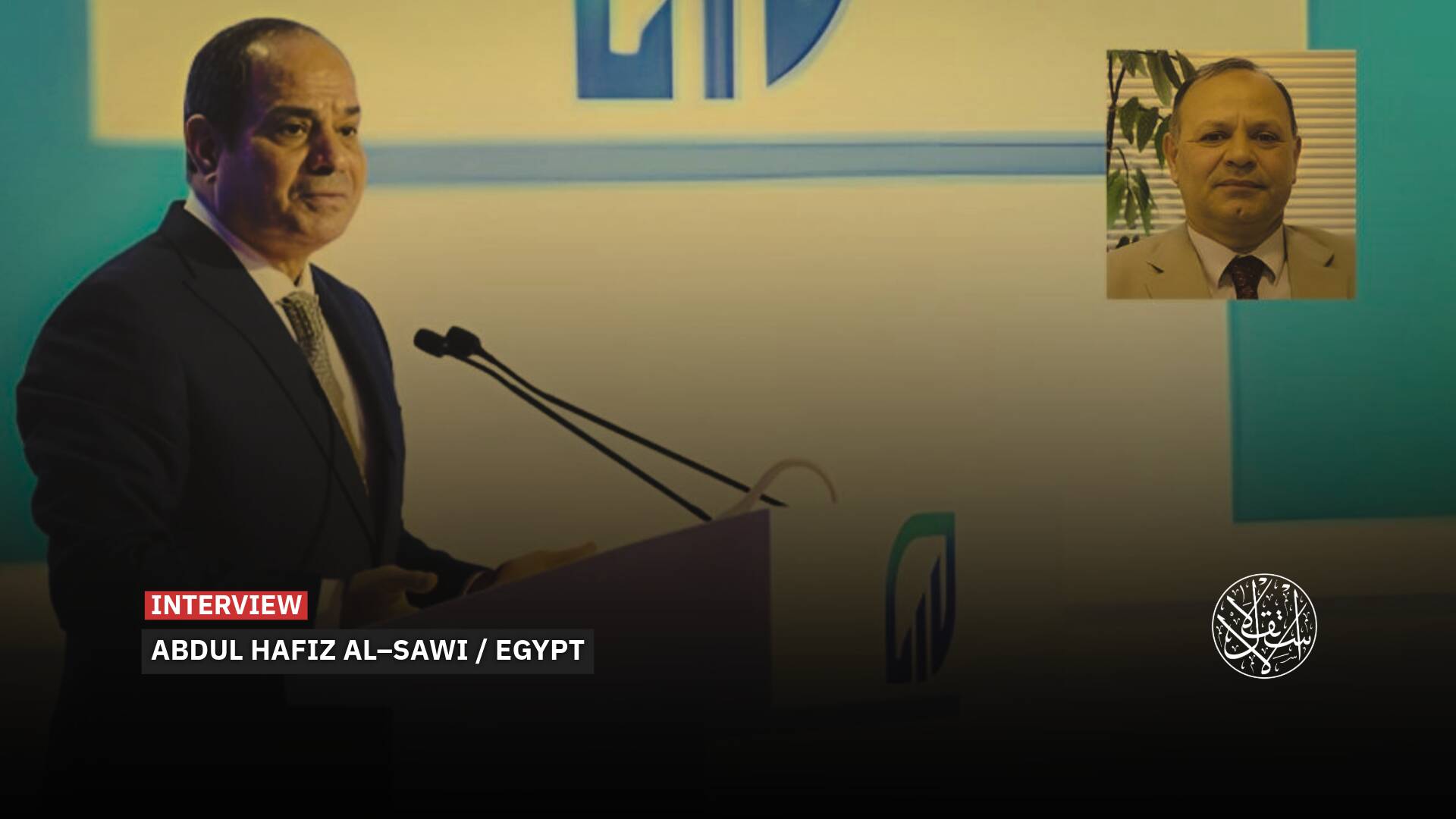Francois Burgat to Al-Estiklal: Macron Coordinates With Arab Autocrats to Criminalize Muslim Activities in Europe

Francois Burgat, a French political scientist, Arabist, and research fellow at the French National Center for Scientific Research, stated that many Westerners exhibit a double standard when it comes to insulting holy scriptures.
They criticize the Quran and Islam as the religion of the “foreign other” but do not welcome the burning of the Bible or the Torah.
In his interview with Al-Estiklal, Burgat explained that descendants of Western colonizers refuse to allow the descendants of Muslim and African colonized populations to voice their demands for rights under the framework of citizenship and democracy in France and Europe.
He pointed out that Muslims in Europe are facing difficult conditions due to the rising racism against them, emphasizing that this issue is not limited to Europe alone, as there is also racism against Muslims in China and India.
Francois Burgat, 80 years old, is a professor of political science and a researcher at the French National Centre for Scientific Research in Aix-en-Provence, southeastern France.
His writings include Islamism in the Maghreb: The Voice of the South and Understanding Political Islam, based on his experience and residence in the Arab region.
Burning the Quran
What is your interpretation regarding the campaigns in Europe?
Francois Burgat: There is no doubt that the reason for this lies in a firmly held belief in European countries, which justifies these actions that violate the sanctity of the Quran. I think there is a sense of impunity, as demonstrated recently in Sweden.
This belief is rooted in various forms of reasoning. First, it is essential to remember that in most European countries, especially in France, there is a belief that criticizing religions or even mocking them is a fundamental right acquired through struggle.
This right must be regularly reaffirmed and protected. This practice in France dates back to the days of the French Revolution in 1789, when it liberated citizens from the domination of the church directly or through absolute monarchy in both social and political aspects.
However, this French legacy is far from being the primary explanation for this anti-Islam campaign in Europe in general. Why?
First, because burning the Quran in Sweden is not regarded as an attack on religion in general from the perspective of those involved. It is not seen as an assault on the predominant local religion, certainly not.
Instead, it is an attack on the religion of “the other,” the foreign religion, which fundamentally changes the meaning of desecration for Europeans.
Some have attempted to obtain permission to burn the Torah and the Bible, but it was not approved. What is the reason? What do you think?
Francois Burgat: I think it is not clear that desecrating the holy books of Christians or Jews could be welcomed and “protected” by authorities and civil society in the same way. However, it becomes apparent afterward that this “other” wh o reveres the Quran is not just any “other” but represents a Muslim community facing various forms of stigma, discrimination, and deep-seated hatred across Europe. This adds a unique and highly sensitive dimension to this type of action.
What is the direct message behind the repeated Quran burnings in Sweden, and does it have any relation to Sweden’s joining the NATO alliance?
Francois Burgat: In the case of Sweden specifically, it’s evident that the government is tolerating and protecting this kind of behavior. Recently, an additional highly sensitive dimension adds complexity to the issue: the perpetrator is an Iraqi Christian.
I must acknowledge that I do not have specific information about this Iraqi individual (whether he was a target of persecution by ISIS, for example, or if he was simply manipulated by far-right Swedish groups).
This lack of information makes it challenging to fully understand his behavior and its potential implications. However, the fact remains that Swedish authorities are allowing and protecting such actions.
The Secrets of Hatred
How do you perceive the current situation of Muslim communities in Europe amid the escalating waves of hatred?
Francois Burgat: There is no doubt that Muslims in Europe are currently facing difficult circumstances amidst the surge of racism against them, as well as hatred toward foreigners in general, with Muslims being a particular target.
As for the circumstances in which Muslims live in Europe, even though they are profoundly affected by the repugnant racism and waves of Islamophobia, they undeniably reside in a tense and concerning environment for themselves and their families within European societies.
From my perspective, I have identified three reasons behind the levels of Islamophobia and escalating racism against Muslims in Europe in general, and France specifically, which I have classified based on their relative importance:
The first level involves petty competition or an extremely trivial rivalry between Christian and Muslim religious beliefs, as Europe historically considers itself Christian and views any “imported” religion, especially Islam, as foreign. However, Europe is now more secular than it is Christian, and I do not believe this is the primary reason for the increasing racism, although it is a contributing factor.
It is evident that Catholic circles are not the main drivers of this hostility in the case of France, but they come into play as a possible explanation for the uniqueness of secularism. French secularism initially aimed to regulate coexistence between the church and the public sphere. However, French secularism has gradually become a tool used to combat religion, any religion, with a specific focus on Islamic religion. While this is an important reason, I do not think it is the most decisive one.
For me, the fundamental structural reason is linked to the historical context of the end of colonialism.
With the fading influence of European colonialism in its former colonies in Asia and Africa in recent times, and as the process of decolonization and immigration policies unfold, Islam has become more of a “local” issue and an internal matter for France and some European countries.
While Western Christians built churches, and even cathedrals, on the hills of Muslim Africa during the colonial era, today’s descendants of colonizers in the heart of Europe and France view Muslims, who are also descendants of the colonized, as the ones intending to build mosques in Europe.
These fourth-generation Muslims and Africans hold French and European citizenship, and their demands for rights as French or European citizens are steadily increasing.
To conclude, as the influence of European colonialism dwindles, Islam has shifted from being a “foreign” concern to a domestic one, especially in France. The descendants of colonizers now see Muslims, who are also descendants of the colonized, as the ones seeking to establish their presence in Europe. These Muslims, often fourth-generation citizens, possess French or European citizenship and are increasingly assertive in demanding their full rights as citizens.

If you consider Europe in general, and France in particular, to be “devoid of Christianity,” then what is the explanation for the escalating animosity toward Islam?
Francois Burgat: The real conflict and tension within European societies are not of a religious nature. Christian believers are not the ones rejecting the presence of believers from another religion, at least in principle.
However, the issue goes beyond religion. It is the descendants of colonizers who reject the presence of descendants of the colonized among them, or rather, reject that they have a voice in society. In essence, they are descendants of those who were once slaves or servants to the European or French colonial rulers.
Hence, they refuse equality for them today under the banner of citizenship and Western democracy, and this is the root of the problem.
French society is experiencing a crisis of isolation and rejection of the cultures of immigrants, especially Muslims.
What is your assessment of the campaigns that Muslims in France have faced in recent years?
Francois Burgat: In my opinion, racism against Islam and Muslims is not an issue related only to Europe; there is racism against Muslims in China and India as well, not just in Europe.
The French situation is undoubtedly the worst in all of Europe when it comes to their relationship with Muslims. Macron declared that the values of the French Republic and secularism were under threat from Islam, which is facing crises worldwide.
There is no doubt that Macron courted the far-right French electorate to gain their votes in the elections when his popularity waned, particularly during the Yellow Vest Protests.
At that time, he announced that Islam was currently facing a crisis worldwide to divert attention from his domestic troubles.
Macron fanned the flames of Islamophobia and fed it within French society after his social policies caused him to lose support among a significant portion of the French population.
This led him to attack Islam in order to attract those voices or alternatives from the far-right.
Unfortunately, the historically one-sided French stance toward Muslims, labeling them as separatists within French society today, revives the same accusations that colonial France imposed on their ancestors in the past. This makes Macron more authoritarian in his relationship with Muslims than ever before.

Regarding the Muslim communities, what do you think about allowing political parties with a Muslim basis to participate in French elections?
Francois Burgat: I absolutely do not support allowing the formation of a political party based on religion or ethnicity, whether for Muslims or any other religion. The majority of French political parties will not accept this to prevent political fragmentation in France, where political parties are open to everyone regardless of their beliefs or ethnicity.
What is the truth behind campaigns that promote fear of Islamic influence in Europe in general and France in particular?
Francois Burgat: Unfortunately, racist campaigns against Islam in France have gone through various stages. It began with discussions about jihadists and taking a tough stance against them because they use violence and arms.
Then we saw the French government move on to criminalize Salafists who are not involved in military or political activities.
In 2019, the French state took it a step further by criminalizing ordinary French Muslims who go to the mosque for prayers, competing with the far-right in its anti-Islamic behavior by closing down most Islamic institutions and some mosques.
The Muslim Brotherhood in France has no significant presence and wields no influence in the media. Even when its members organize events in places like Brussels, they attract very few attendees, and the rooms are largely empty.
However, we see books being published regularly or monthly, making empty claims that the Muslim Brotherhood will take over French and European society and establish an Islamic caliphate.
Unfortunately, this feeds into the state’s narrative, which has become more extremist toward Muslims, with both the far-right and extremist government leaning against Islamic institutions.
Some entities are trying to convince Europeans that the Muslim Brotherhood is taking over Europe and aims to establish a caliphate there. All of this contributes to anti-Muslim propaganda and the promotion of Islamophobia.

In addition to what has been mentioned, there is indeed a concerning coordination between some Arab and Gulf authoritarian regimes, the Macron government, and Israel in an attempt to criminalize the activities of the Muslim Brotherhood and activists involved in political Islam and human rights in France.
Macron has formed alliances with Saudi Arabia, Abdel Fattah el-Sisi, who seized power in Egypt in 2013, retired Libyan General Khalifa Haftar, and UAE President Mohammed bin Zayed, among other authoritarian leaders. They aim to assist Paris and European capitals in combating “political Islam.” Unfortunately, this raises significant concerns.
This coordination between France and these authoritarian regimes can have far-reaching implications for human rights, civil liberties, and the political landscape, not just in France but also in the broader Middle East and North Africa region.
It can impact the rights of activists, political dissidents, and religious groups, raising questions about the balance between national security concerns and individual freedoms.


